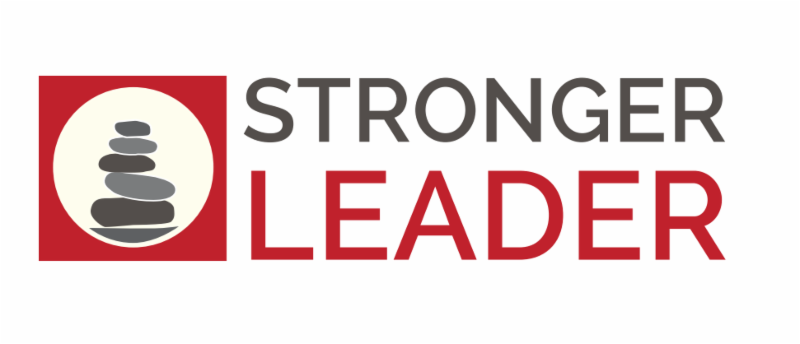Financial planner turned café owner, physicist turned financial planner, marketing executive turned astrologer. psychologist turned business consultant. Stories of professional reinvention are inspiring and becoming more common.

But reinvention doesn’t have to be dramatic. It can be subtle. Have you shifted your focus in your career, business or relationships? Taken up a new passion or past time?
Over the last few years, many people have found themselves in situations that might be outside their control and require a quick shift to get some new momentum.
Working in professional development, I hear lots of these reinvention stories from people of all ages, especially baby boomers.
For the past 6 months, I’ve been working with colleagues from the fields of law, finance, mediation, nursing and travel to present a workshop, Reinventing Your Life after 50. Each session has been a full house, another indication of the popularity of the topic. Attendees have been a range of men and women, employed, unemployed and retired, volunteers or just interested in learning more about making a change.
As the keynote speaker, I present the overview of the workshop and considerations in reinventing In the workplace, First off, there’s good news and bad news for baby boomers (I’ve resisted being considered one for years, but I’m starting to cave). The good news: the unemployment rate is lower in those over 50 than for the general population. The bad news: when people over 50 are out of work, they are out of work for longer. When they re-enter the work force, their salaries decrease by nearly 25%.
Whether or not you’re reinventing, and no matter what your age, here are a few important points to consider. Each has to do with understanding yourself, your preferences and your behavior (I’m still a psychologist after all). In the coming weeks, we’ll look more closely at each. In the meantime, here’s my 3-part recommendation:
1. Know your strengths. Yes, it’s my favorite topic. But as long as you’re thinking of taking a different path, you might as well travel on one where you’re using your key skills and talents as well as doing what you love to do. “Find out what you do well and do more of it.” Sound advice from the founder of strengths psychology, Donald Clifton. 2. Understand your values. Values are important beliefs, attitudes and philosophies that influence the way we live our lives. When you do things that are value-driven, they are more meaningful and ultimately attainable than those that may not match your value system. 3. Consider your unique personality. Also known as your character, traits and temperament, your personality is made up of a set of characteristics that influence the way you see, feel and behave in the world. You might be outgoing, detail oriented, logical, intuitive or a combination of these and a host of others. The important thing is to know your preferences and respect them.
What’s your reinvention story? Share yours below. Mine can be found on the Bio page of my web site. And watch for the next blog post about reinventing yourself based on your strengths.
Gloria M. Miele, Ph.D. is a business development and leadership coach and Victory Circles facilitator in Southern California. She helps entrepreneurs and other business leaders develop the mind set and the skill set to  achieve greater business success through coaching programs, workshops, staff training, executive coaching and keynote speeches. Visit her website at www.optimaldevelopmentcoaching.com and sign up to receive helpful business development resources, including a free Strengths-Based Goal-Setting Tool. We can also connect at www.facebook.com/optimaldevelopmentcoaching.
achieve greater business success through coaching programs, workshops, staff training, executive coaching and keynote speeches. Visit her website at www.optimaldevelopmentcoaching.com and sign up to receive helpful business development resources, including a free Strengths-Based Goal-Setting Tool. We can also connect at www.facebook.com/optimaldevelopmentcoaching.

